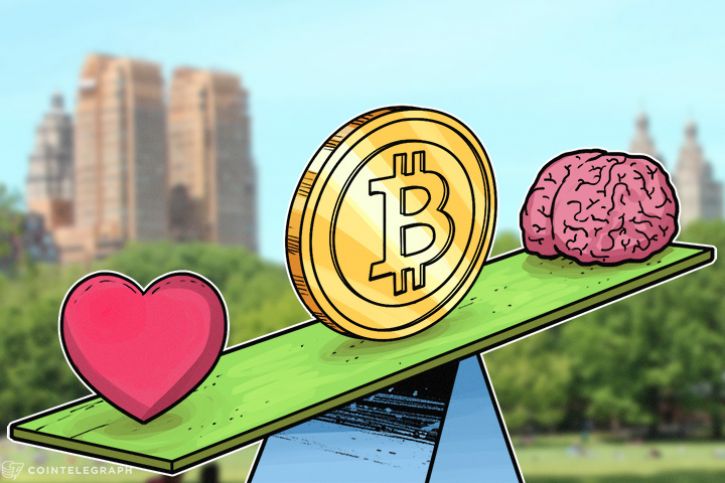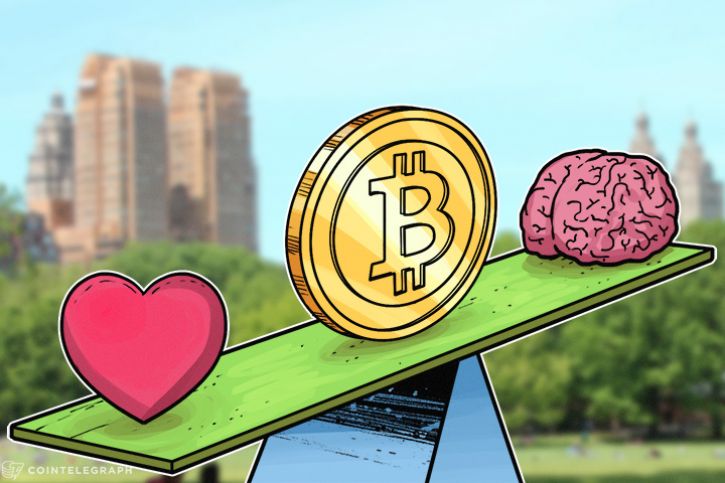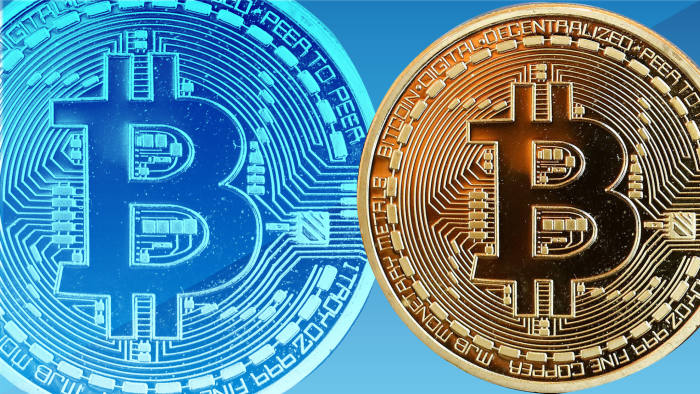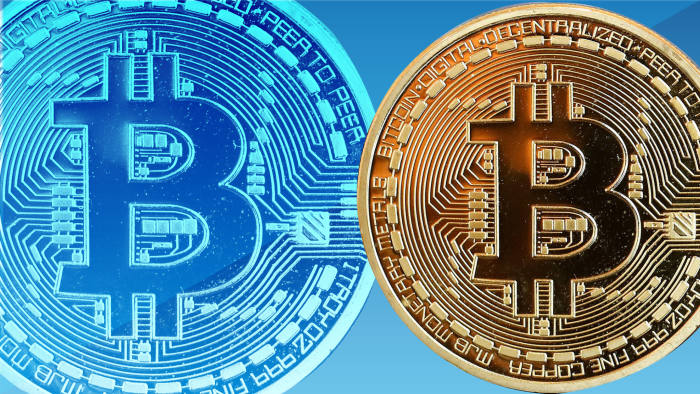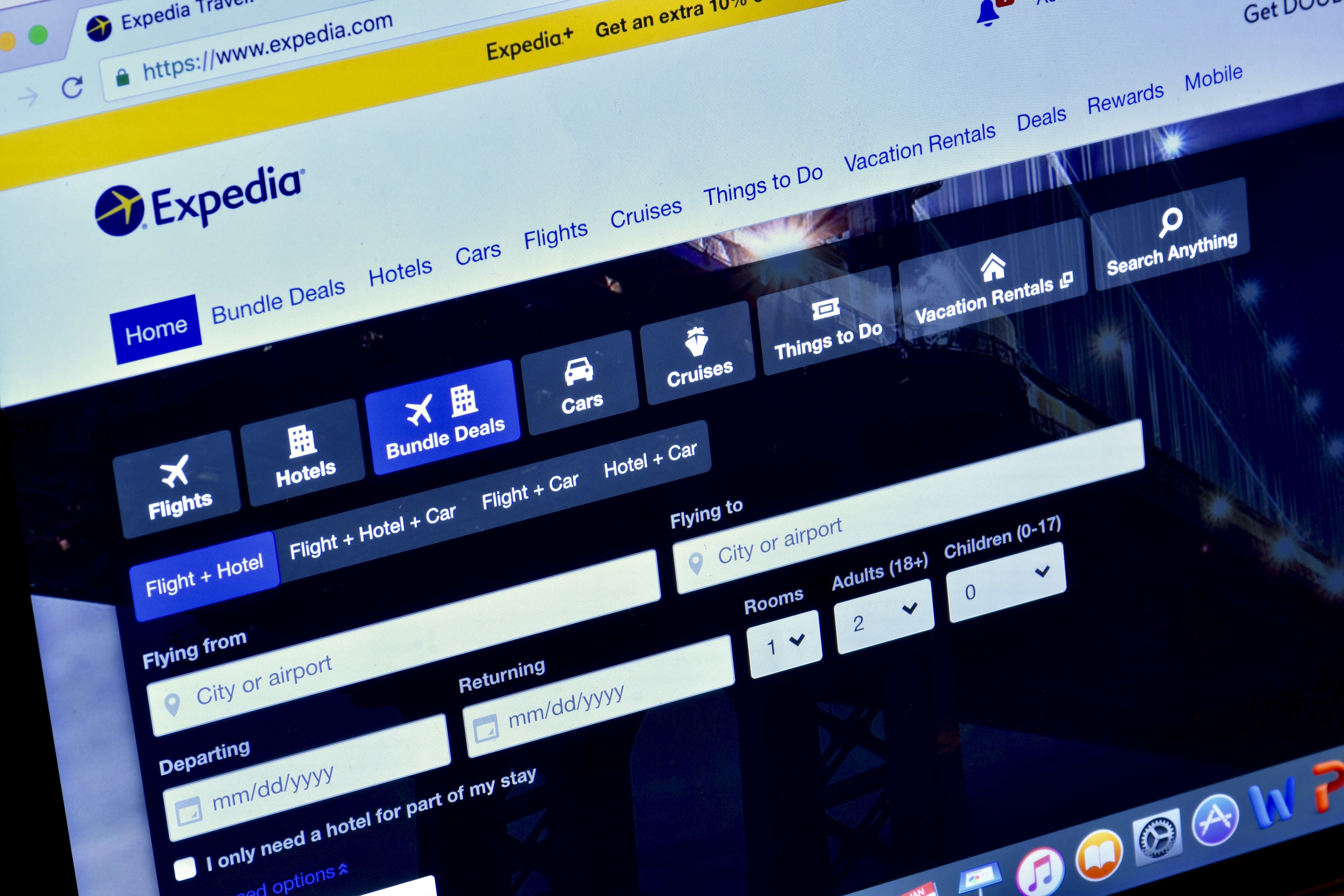I have a hypothesis that digital currency will be widely used in virtual reality, especially in virtual worlds.
The reason is simple. When people transact in virtual worlds, it doesn’t make sense to use the currency of one country. People from all over the world will gather in these virtual spaces, and it would be exclusionary (or perhaps even rude) to use one country’s currency in a digital world. Furthermore, digital currency will create an incentive for people to spend more time in these worlds (where they can earn “real money”) creating a virtuous cycle for companies building these worlds.
What is a virtual world?
Virtual worlds are things like Second Life. Or if you’ve read books like Ready Player One or Cryptonomicon, they describe a metaverse where people spend a great deal of their time in the future.
VR is not required to have a virtual world (Second Life is an example here), but VR will likely accelerate the usage of virtual worlds dramatically.
The Second Life economy still is about $800M USD equivalent annually. People can buy all sorts of things in virtual worlds, like real estate, vehicles, special abilities (teleportation), access to events or clubs, and entertainment (new levels, songs, experiences).
There are a handful of people working on building virtual worlds in VR today, including High Fidelity, Alt Space, and VR Chat.
What are the pros and cons of using a decentralized digital currency in a virtual world?
Developers of these virtual worlds have a few options.
- They could create a centralized digital currency (like Second Life did with the Linden Dollar, which was pre-bitcoin)
- They could use an existing decentralized digital currency like Bitcoin or Ethereum
- They could issue their own token (on Ethereum, for instance)
The main arguments for developers of these virtual worlds to use a digital currency are:
- It allows participants in these worlds (especially content creators) to earn “real money”
- This means more people will spend time in the game. Perhaps they will even earn a living in the virtual world that pays their rent in the real world. If this happens, you could see people spend 8 to 12 hours per day
Although digital currency makes sense in virtual worlds, it may also make sense in any app that has a marketplace for digital goods (or user generated content). This is a popular business model in games today and helps app developers unleash a lot of diversity/creativity from their community. By using a digital currency for this, it would allow a large number of people to actually earn a living in VR, and convert their earnings to their local currency.
Source/More: Digital Currency Could Be Widely Used In VR – Brian Armstrong – Medium









